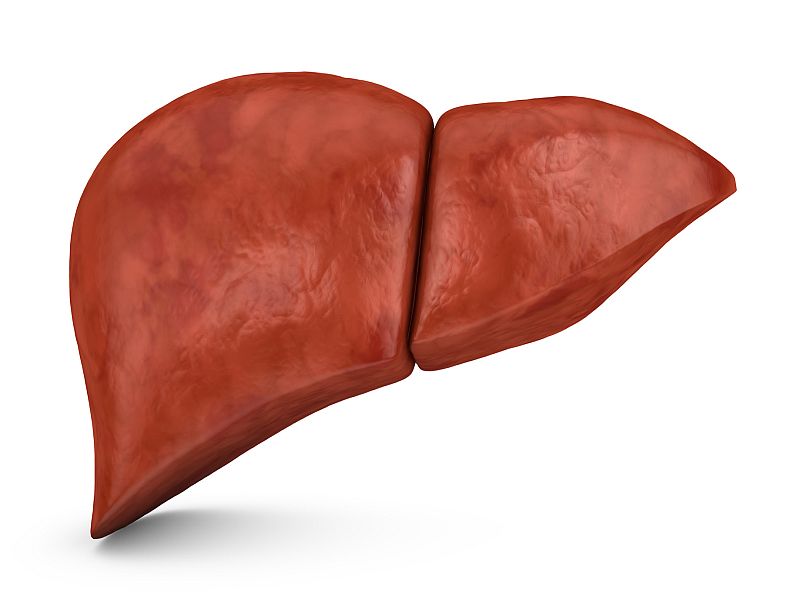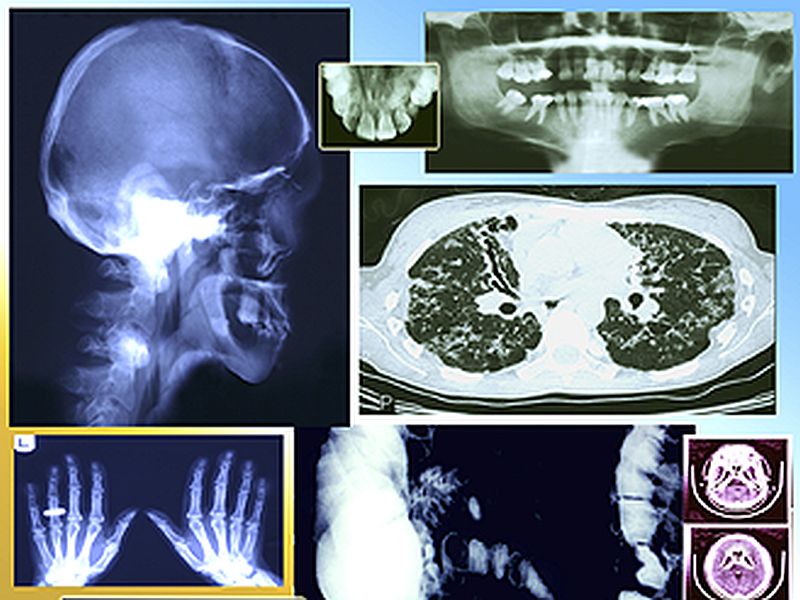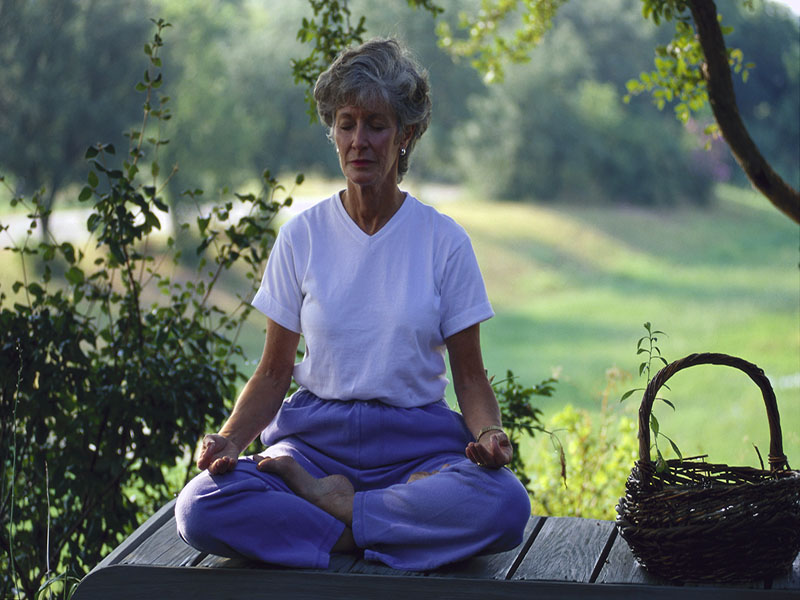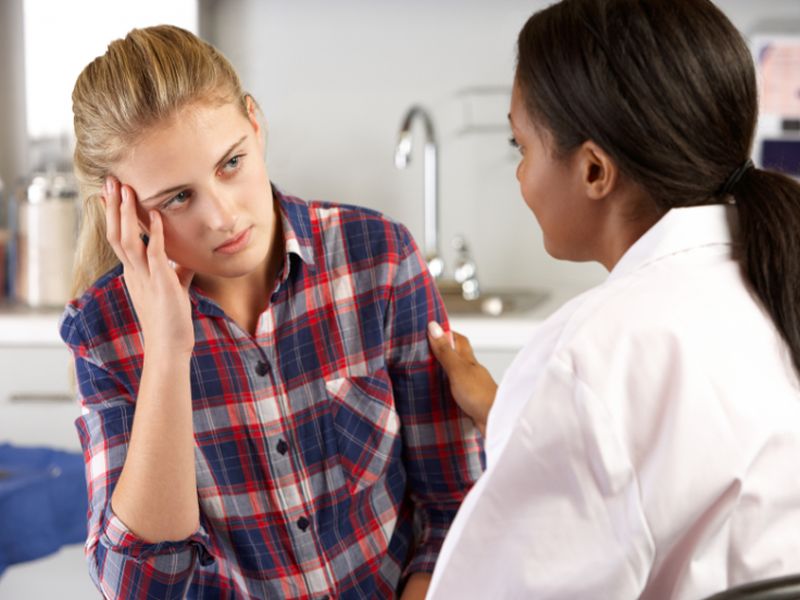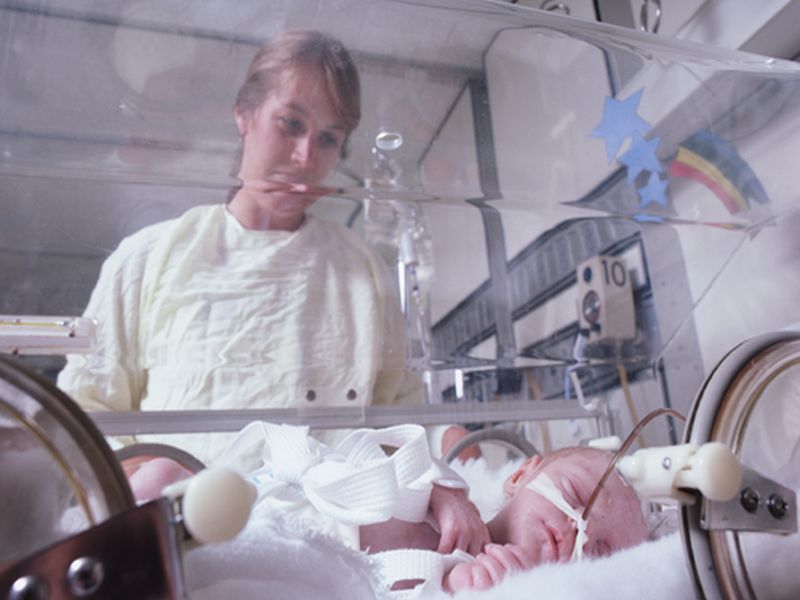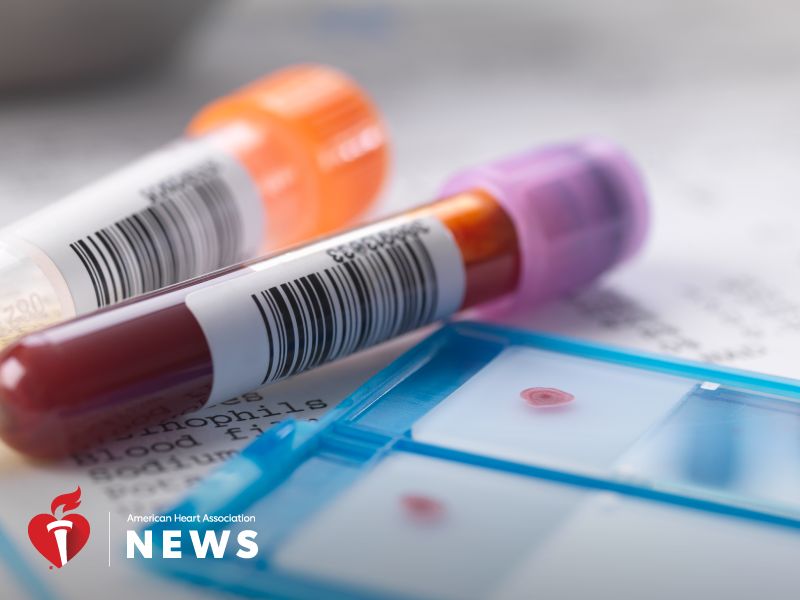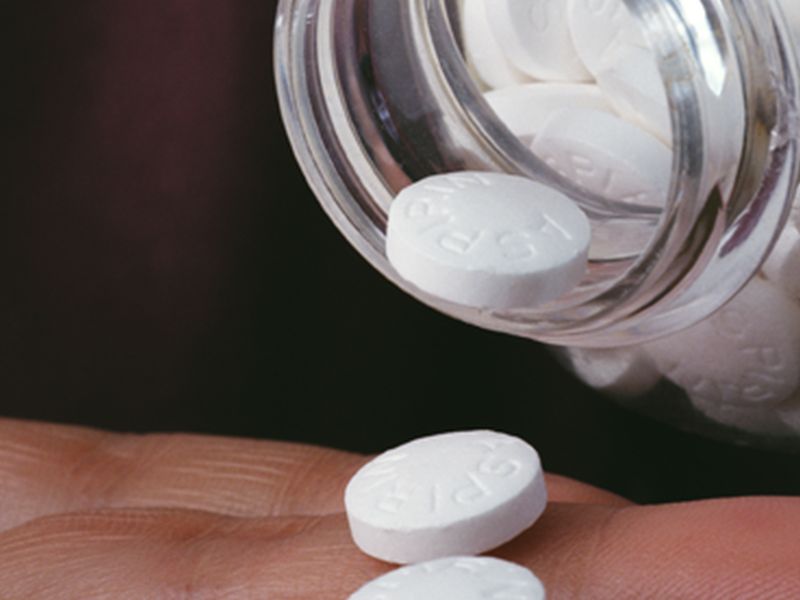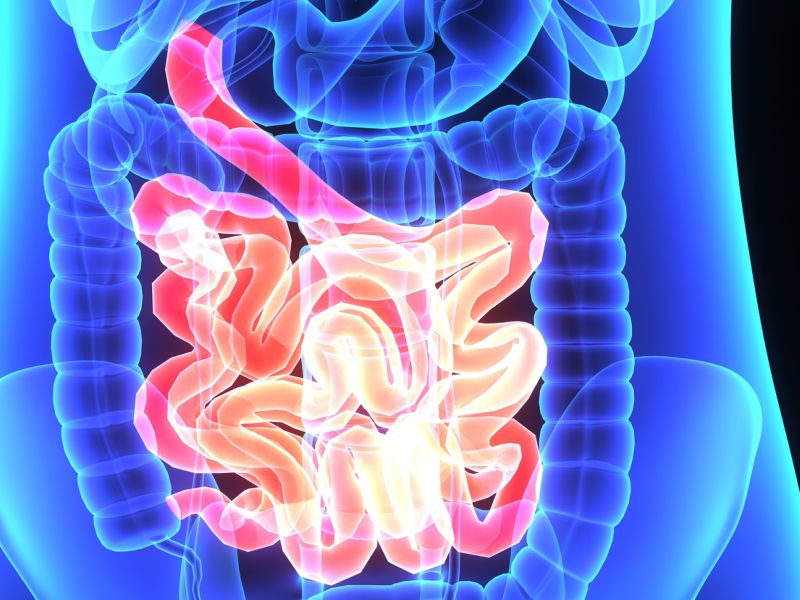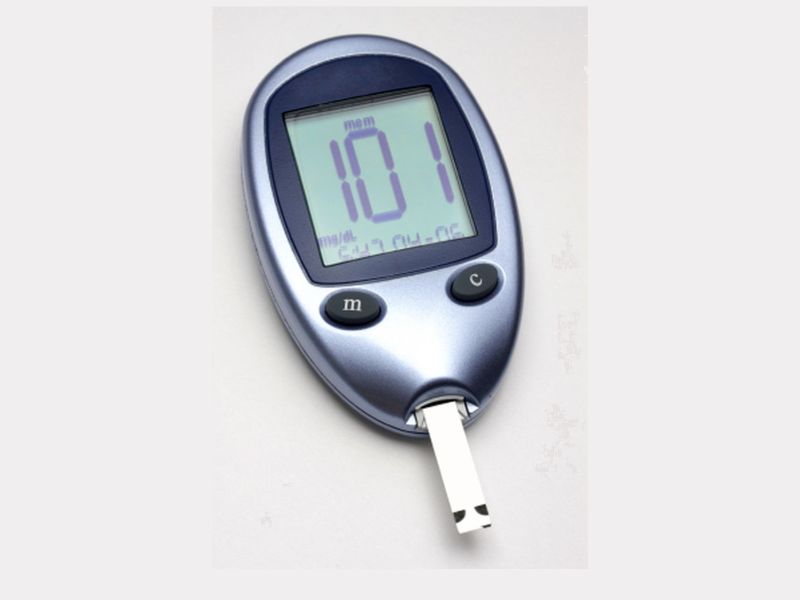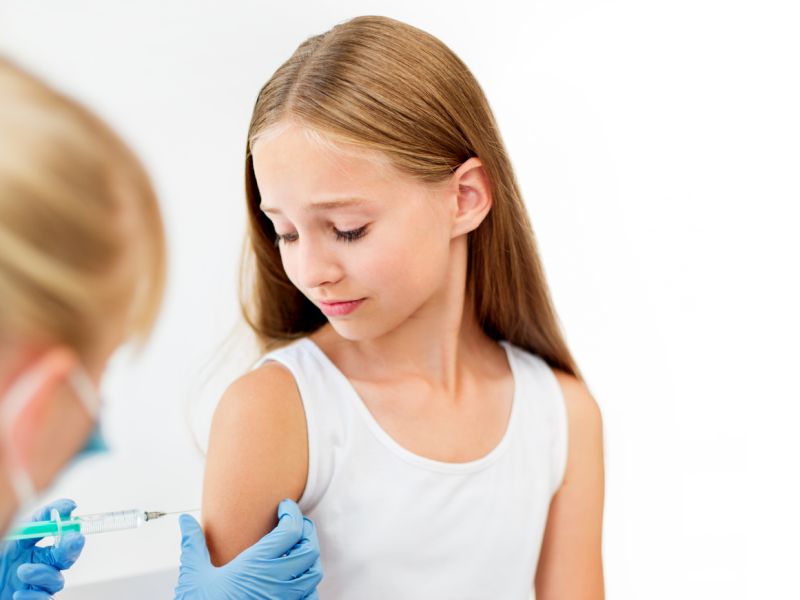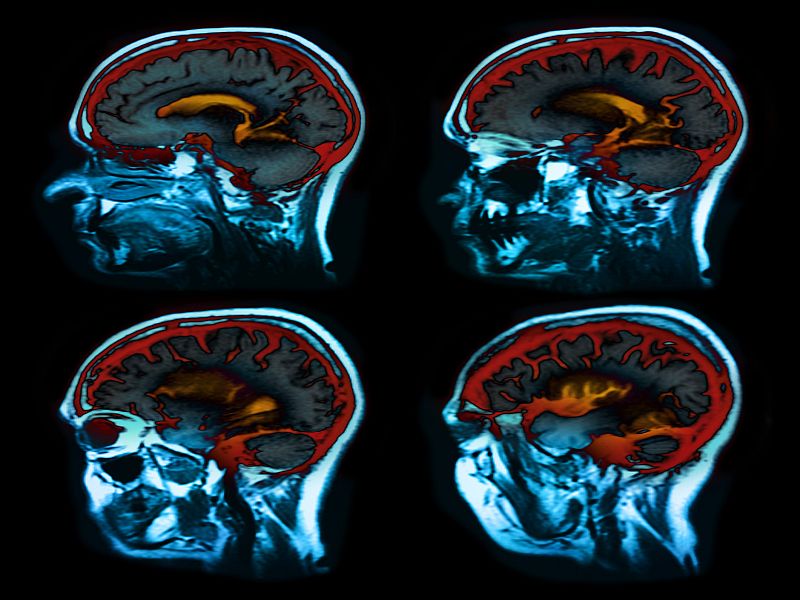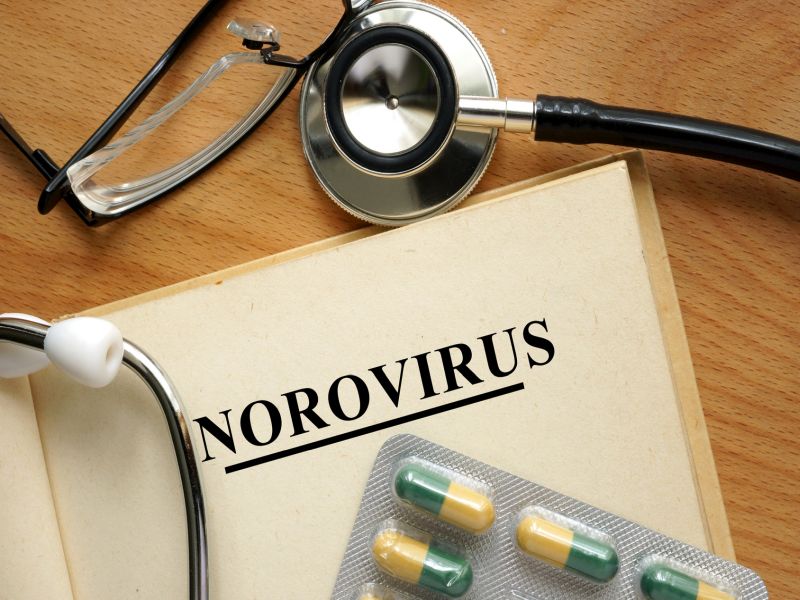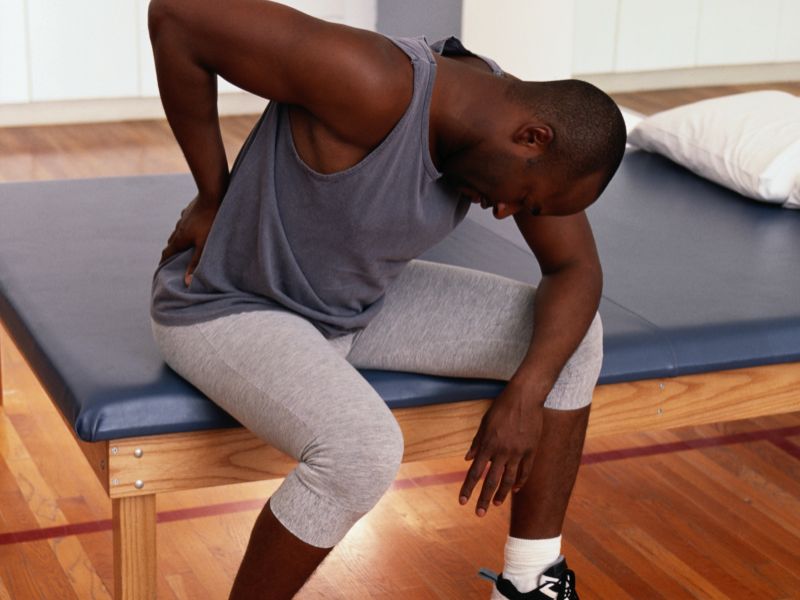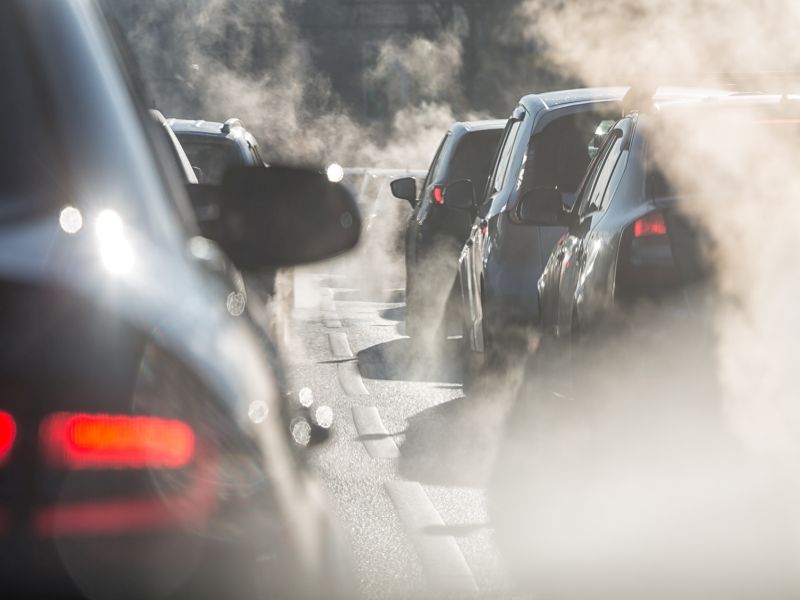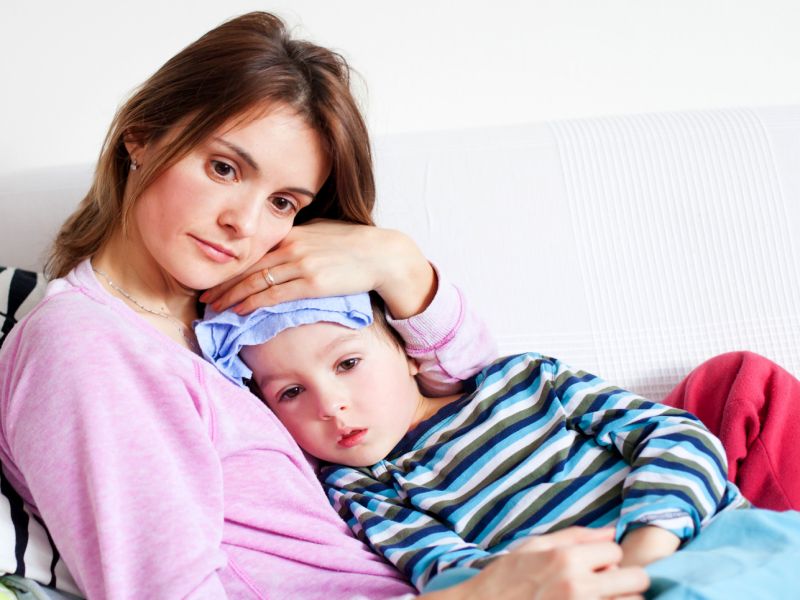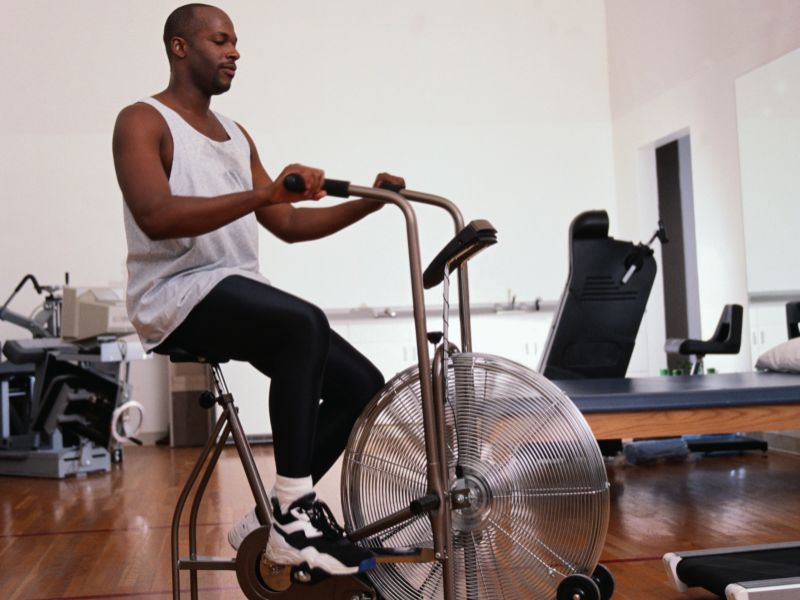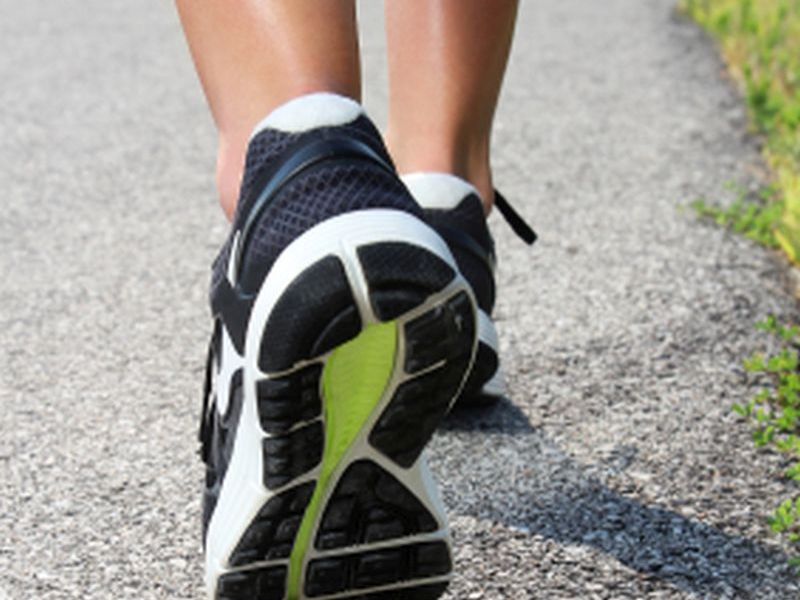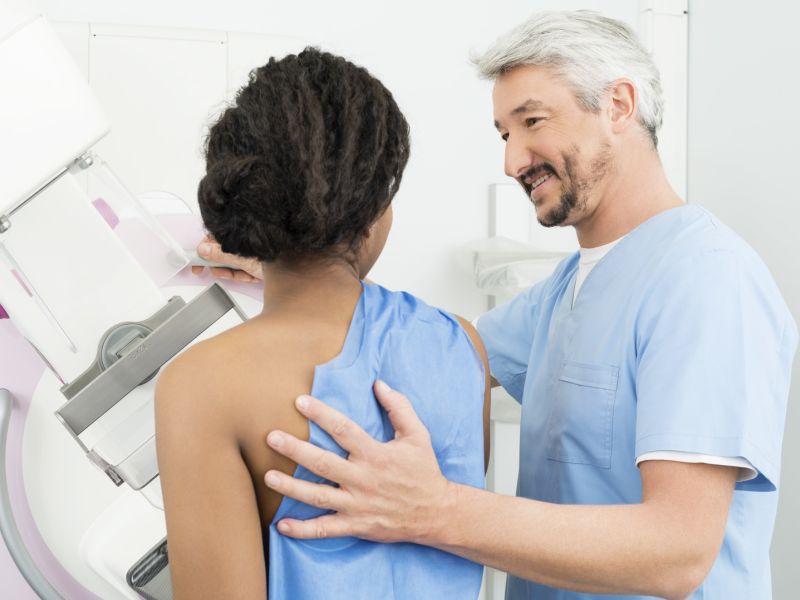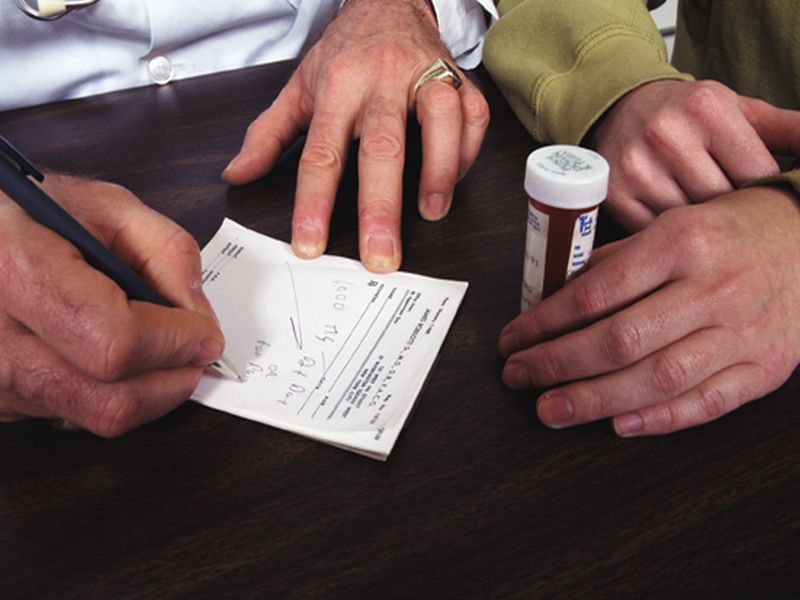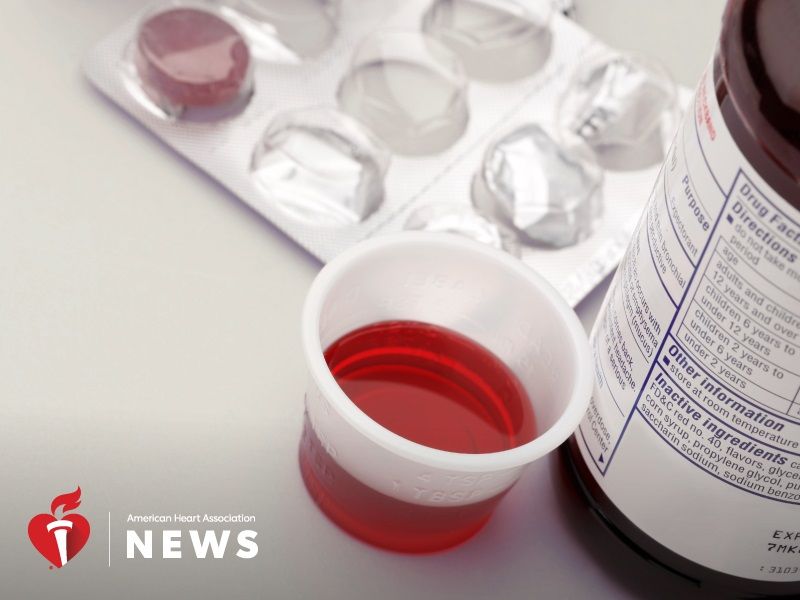WEDNESDAY, Oct. 18, 2017 (HealthDay News) -- Vaccines that ward off the cancer-linked human papillomavirus (HPV) are safe for adult women, according to a study of more than 3 million Scandinavians.
The researchers, who used Danish and Swedish hospital data to track the incidence of 44 different illnesses over 10 years, found no "serious safety concerns" for women who'd gotten the HPV vaccine to reduce their odds for cervical cancer.
The vast majority of cervical cancers are thought to be caused by infection with HPV.
Diseases or conditions studied in the new analysis included epilepsy, paralysis, lupus, psoriasis, type 1 diabetes, rheumatoid arthritis, thyroid issues and Crohn's disease, among others.
The study did find slightly higher odds for celiac disease among vaccinated women, but this was seen only in Denmark. The authors noted that celiac disease is "markedly underdiagnosed" in the Danish population, so that could account for that finding. Celiac disease is an autoimmune disease that is triggered by eating gluten, a protein found in wheat and grain products.
Because HPV is sexually transmitted, the U.S. Centers for Disease Control and Prevention recommends vaccination before the start of sexual activity. Ideally, that is between the ages of 9 and 12.
But adult women may wish to get the shot, so this study should reassure them about the vaccine's safety, said the team led by Dr. Anders Hviid, of the Statens Serum Institute in Denmark.
Two U.S. obstetrician/gynecologists agreed.
"Since the vaccine is typically given to young girls to try to protect them before they are sexually active, few studies have explored the side effects and risks of the vaccine in women that are more mature," said Dr. Benjamin Schwartz, chair of obstetrics and gynecology at Southside Hospital, in Bay Shore, N.Y.
"This is a very important strength of the study, because it further explores the safety of the vaccine in adults," he said.
Schwartz stressed, however, that because of a minority of vaccine skeptics in the United States, actual rates of use of the HPV vaccine are still "quite disappointing." But the new findings "further demonstrate the lack of evidence of adverse risks of the HPV vaccine," he said.
Dr. Mitchell Kramer is chair of obstetrics and gynecology at Huntington Hospital in Huntington, N.Y. He agreed that the study shows "no connections between the administration of the HPV vaccine among adult women and the development of serious, chronic disease." He added that "the celiac issue described in the article is insignificant."
Prevention of HPV-linked cancers is "a tremendously important public health issue, and hopefully [this study] will encourage more women to get vaccinated against HPV," Kramer said.
The study was published Oct. 18 in the Journal of Internal Medicine.
More information
Find out more about the HPV vaccine at the U.S. Centers for Disease Control and Prevention.



